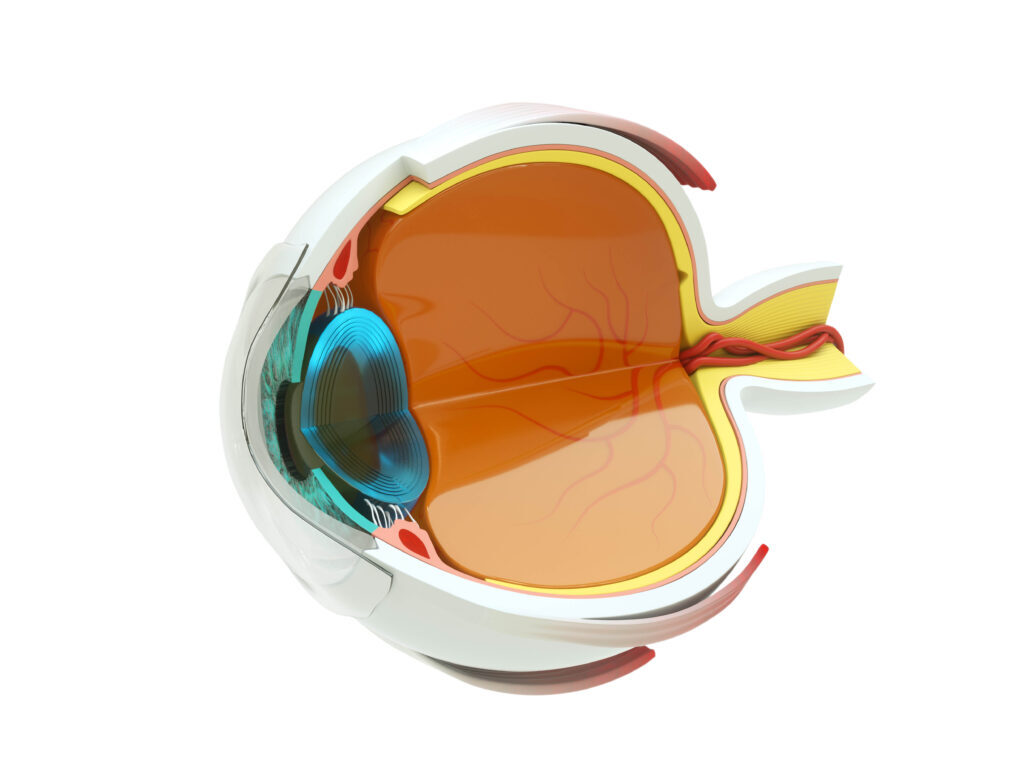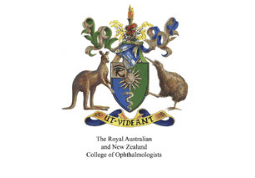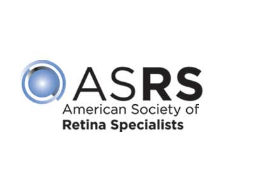What is Retinal Vessel Occlusion?
The retina is a light sensitive layer that lines the inner surface of the back of the eye and acts like a camera film to capture light. The light that reaches the retina forms an image which is sent to, and interpreted by, our brain – this is how we see.
The retina has arteries to deliver fresh oxygenated blood and veins to remove used blood – this circulation is required to keep the retinal tissue healthy. Blockages can occur in these vessels due to a variety of predisposing patient factors.

Risk Factors & Symptoms
Retinal Vein Occlusion Risk Factor
- Age
- High blood pressure
- High cholesterol
- Diabetes
- Smoking
- Obesity
- Increased blood clotting tendencies - eg. contraceptive pill, pregnancy, cancer, immune diseases, etc
- Internal or external compression of the retinal blood outflow
- Eye trauma
Retinal Artery Occlusion Risk Factors
- Age
- High blood pressure
- High cholesterol
- Diabetes
- Smoking
- Obesity
- Previous stroke
- Heart disease - such as coronary artery disease, valve disease
Symptoms of Retinal Vessel Occlusion
Disruption of normal retinal circulation from a blockage can result in leaky vessels, bleeding, swelling and ischaemia of the affected retinal tissue. This can lead to profound damage to the retina and your sight. Symptoms may include:
- Any unexpected change in vision – e.g. distortion, discolouration, ‘black-out’, ‘curtain coming down’
Book a QERS Consultation
Treatment
Options
Treatment for this condition will depend on the type and extent of the blockage, swelling and leaking. All treatments are determined by a thorough eye examination by our ophthalmologist. Our specialist will also work in close conjunction with your General Practitioner to address your underlying risk factors. Treatment may include:
- Laser to the affected area to control swelling and bleeding
- Injections into the eye to reduce swelling of the macula. These injections will need to be repeated on a regular basis, as determined by our ophthalmologist
- Surgery (vitrectomy) to clear any blood in the vitreous gel of the eye that is adversely affecting vision.
The above treatment options are not mutually exclusive, and effective management may require a combined approach.
Your Journey
At Queensland Eye & Retina Specialists, our experienced clinician will use the latest precision equipment to detect and diagnose retinal vessel occlusions. Our ophthalmologist will then discuss an individualised treatment plan for your best visual outcome.
As with all treatment and surgery, there are some risks involved which will be discussed with you at your consultation.
More Information
For more information on retinal vessel occlusion, head to one of the links below

